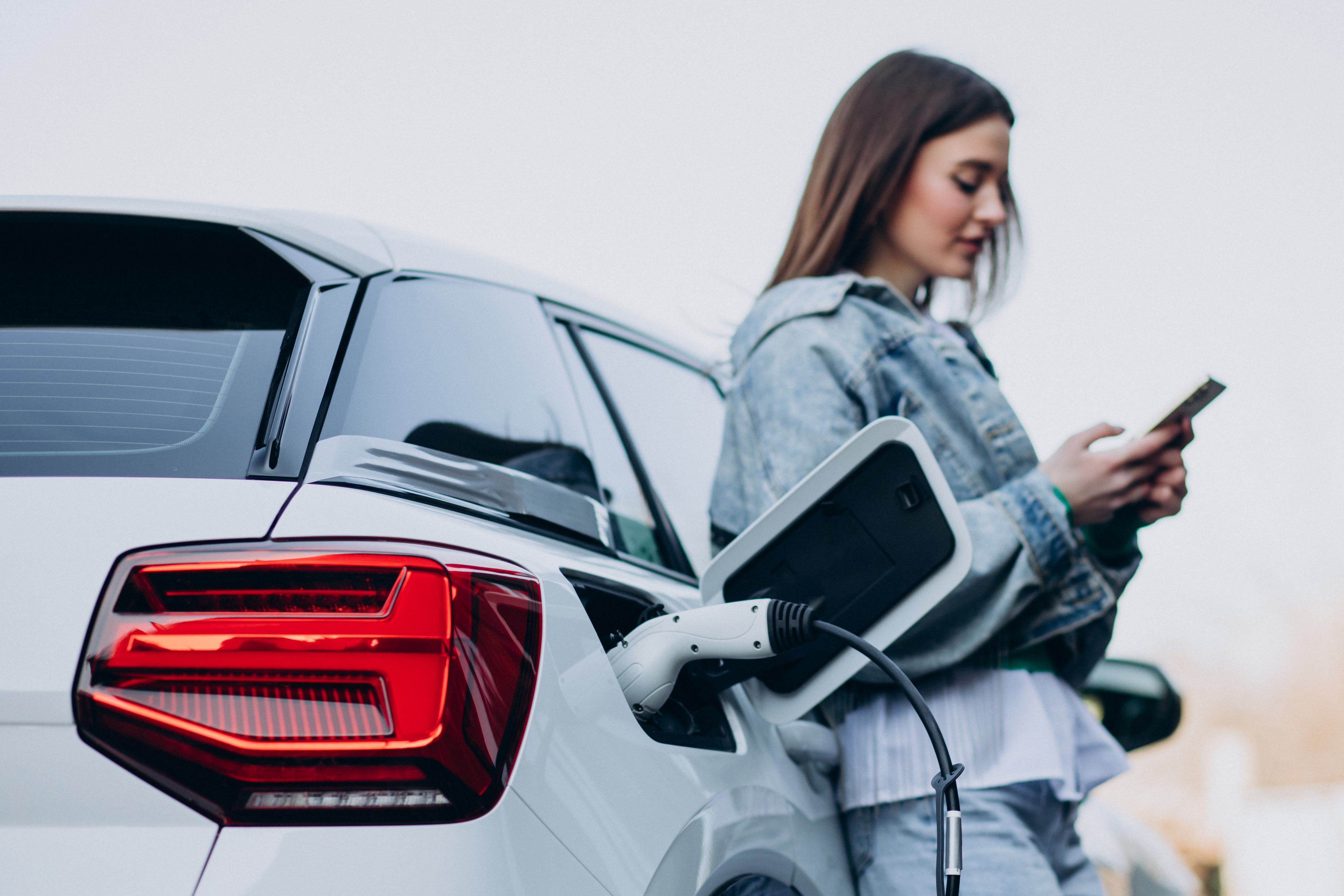EV Cars- Myths vs Facts
Electric vehicles have been on the rise now. It has aided in environmental progress; however, many people hesitate to try it for its existing myth. This article debunks some of the common myths.

Myth: EVs are slow and have low performance
Fact: Many electric vehicles offer impressive acceleration and performance, often outperforming traditional gasoline cars. For example, some EVs can go from 0 to 60 mph in just a few seconds.
Myth: Charging an EV takes too long
Fact: While charging an EV does take longer than filling up a gas tank, many EVs can be charged to about 80% in 30 minutes using fast-charging stations. Additionally, most owners charge their vehicles overnight at home.
Myth: EVs are too expensive
Fact: While some EVs have a higher upfront cost, many are eligible for government incentives and rebates. Additionally, EVs often have lower operating costs due to reduced fuel and maintenance expenses, making them more economical in the long run.
Myth: All electric vehicles are fully electric
Fact: There are different types of electric vehicles, including fully electric (BEVs), plug-in hybrids (PHEVs), and hybrid electric vehicles (HEVs). PHEVs can run on both electricity and gasoline, offering more flexibility for users.
Myth: EVs can’t handle extreme weather conditions
Fact: Electric vehicles are designed to operate in various weather conditions, including extreme heat and cold. While battery performance can be affected by temperature, manufacturers are continuously improving battery technology to enhance performance in all climates.
Myth: EV charging stations are hard to find
Fact: The number of EV charging stations is rapidly increasing, with many public and private organizations investing in charging infrastructure. Apps and navigation systems can help locate nearby charging stations easily.
Myth: EVs are not safe
Fact: Electric vehicles undergo rigorous safety testing and are subject to the same safety regulations as traditional vehicles. Many EVs have received high safety ratings from agencies like the National Highway Traffic Safety Administration (NHTSA)


